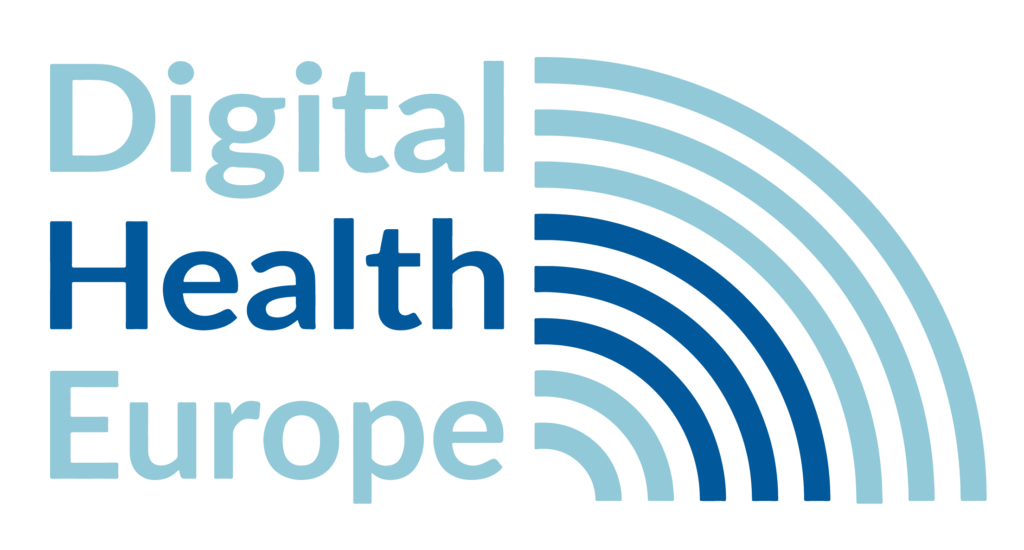The DigitalHealthEurope (DHE) twinning CISMED transferred knowledge on exchanging information on medicine shortages among Portugal, France, Italy and Spain.
As medicine shortages are an increasing problem across the EU and can put patients at critical health risk, the DHE twinning CISMED, a pharmacy-based system for medicine shortages detection system, aimed to identify where medicine shortages occur and how to prevent them. CISMED reports the unavailability of medicines at the level of the patients automatically and on real time and triggers market signals to anticipate and prevent the shortages and mitigate its effect.
Hence, the digital solution CISMED was presented as innovative practice in order to enable the DHE adopters to improve the detection, monitoring, communication and reporting on medicine shortages and explore the possibility and value of exchange information on shortages at EU level.
The participants of the DHE twinning have been the General Pharmaceutical Council of Spain, acting as the DHE twinning originator of the Medicine Shortage Detection System, and the three partner organisations, acting as the DHE twinning adopters. The adopting partners were:
- Ordre National des Pharmaciens (CNOP) from France,
- Federazione Nazionale Unitaria Titolari di Farmacia (FEDERFARMA) from Italy and,
- Associação Nacional das Farmácias (ANF) from Portugal
The Spanish Medicines Agency of Medicines and Medical Devices (AEMPS) acted as a special advisor.
The DHE Twinning project demonstrated that it is possible and valuable to set up a mechanism at European level to exchange information on medicines shortages. This exchange was based on the use of SNOMED CT as international standard for classification of clinical terms and on the agreement of certain parameters and common protocol to trigger the market signals on short supplies. The exchange proved to be particularly important in the context of the COVID-19 pandemic, as patterns of unavailability of medicines, common and different, were found among the participant countries.
The main outcome of the DHE twinning CISMED is that the twinning issued recommendations for an effective information system on shortages at supranational level. Additionally, it gave an overview of the medication availability in four countries (Portugal, France, Italy and Spain).
The recommendations include:
- National reporting systems from pharmacies at national level are needed in order to detect shortages and have knowledge on what is the real situation of medicines availability for the patients. There is no best other way to have the complete picture.
- These systems would also allow to have prediction capability to anticipate which supply disruptions can become a problem of supply or shortage, which is key to prevent the shortage and mitigate its effect.
- It would be convenient that these systems include automatic reporting by pharmacies and in real time, thus ensuring timely knowledge and facilitate effective measures.
- These systems should incorporate an international standard for classification of clinical terms, such as SNOMED CT. This way comparable information among the countries could be shared at the level of VMP.
- As this is a global problem, international cooperation is key to address the impact; this would be facilitated by regular exchange based on a common protocol.
For more details on the DHE twinning CISMED click here.
